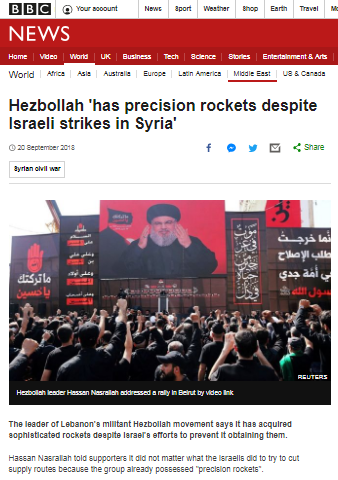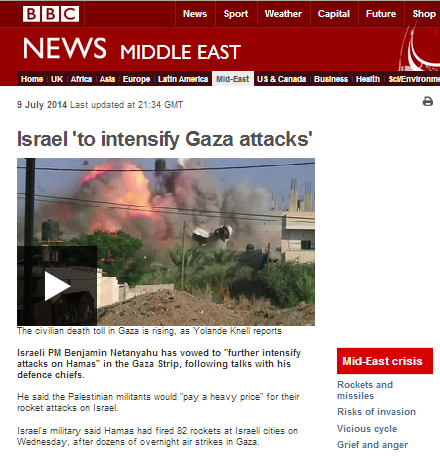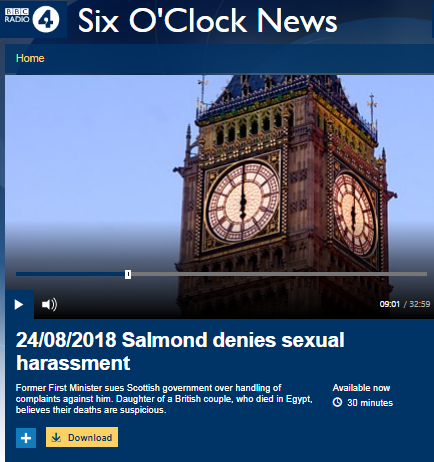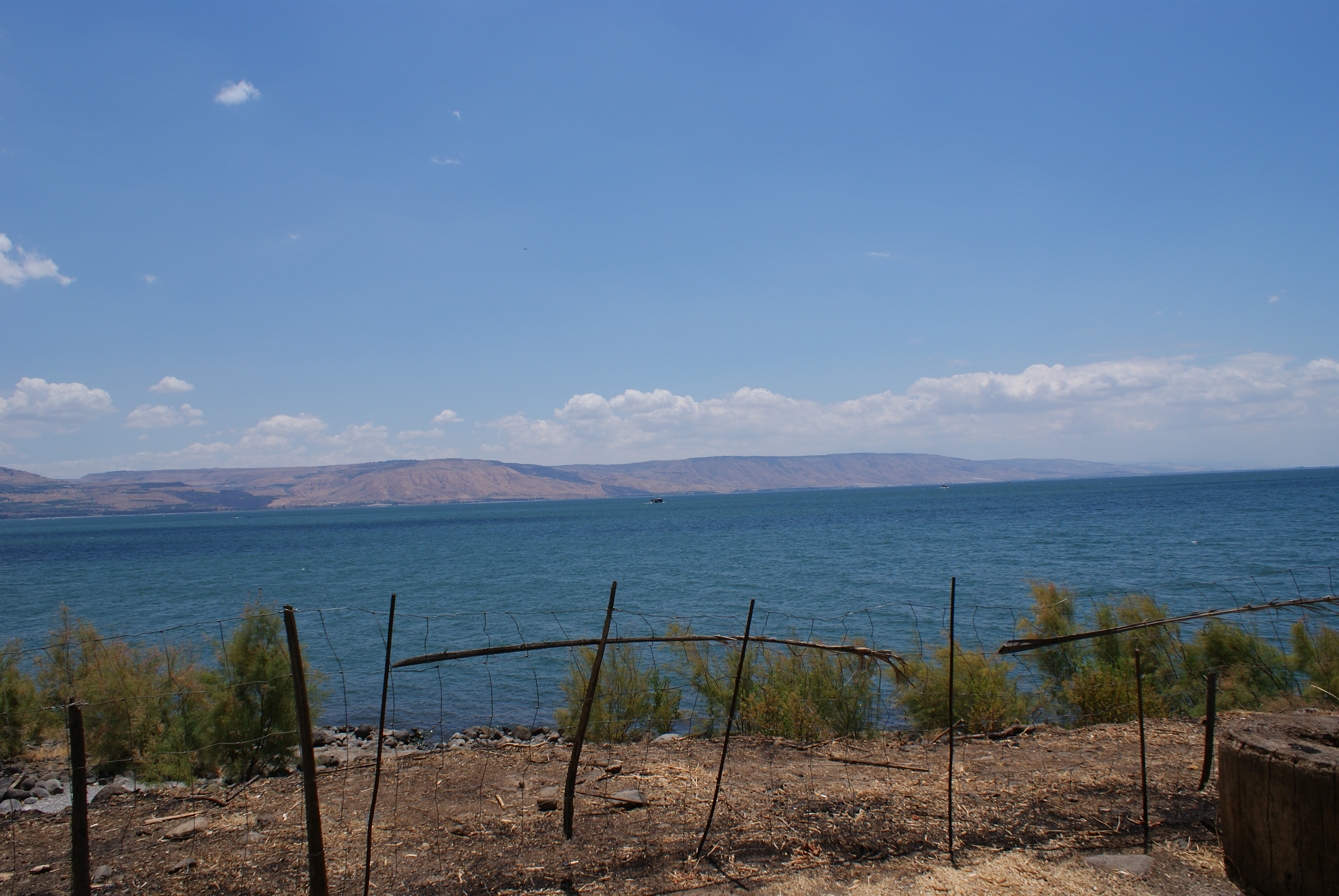Readers may recall that when the JCPOA deal between Iran and the P5+1 powers was closed just over two years ago, senior BBC correspondents assured audiences that funds freed up by sanctions relief would be used by the Iranian regime to improve the country’s economy.
“President Rouhani was elected because people hoped that he would end Iran’s isolation and thus improve the economy. So the windfall that they will be getting eventually, which is made up of frozen revenues – oil revenues especially –around the world, ah…there are people who argue that look; that will go to try to deal with loads and loads of domestic economic problems and they’ll have trouble at home if they don’t do that. If people – the argument goes on – are celebrating in Iran about the agreement, it’s not because they’ll have more money to make trouble elsewhere in the region; it’s because things might get better at home.” Jeremy Bowen, PM, BBC Radio 4, July 14th, 2015
“In exchange it [Iran] will get a lot. It will get a release of the punishing sanctions. We heard from Hassan Rouhani saying as Iran always says that the sanctions did not succeed but he conceded that they did have an impact on the everyday lives of Iranians. There’s an estimate that some $100 billion will, over time, once Iran carries out its implementation of this agreement, will be released into the Iranian economy.” Lyse Doucet, Newshour, BBC World Service radio, July 14th, 2015.
Many Middle East observers will not have been surprised by the fact that the last two years have repeatedly shown that the BBC’s analysis was off the mark. Recently, yet another example of Iranian terror financing was publicised.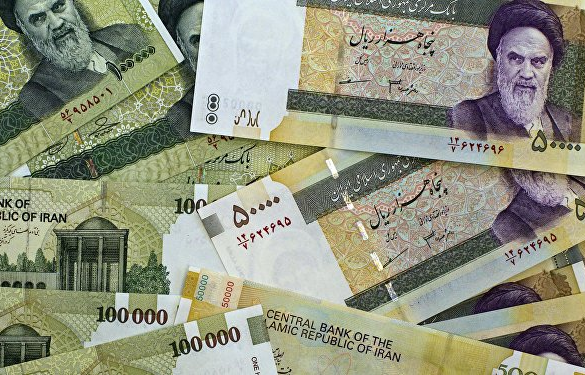
Last week Hamas’ leader Yahya Sinwar held his first meeting with journalists since taking over from Ismail Haniyeh in February. Reuters reported that:
““Relations with Iran are excellent and Iran is the largest supporter of the Izz el-Deen al-Qassam Brigades with money and arms,” Yehya al-Sinwar, referring to Hamas’s armed wing, told reporters.
Neither Hamas nor Iran have disclosed the full scale of Tehran’s backing. But regional diplomats have said Iran’s financial aid for the Islamist movement was dramatically reduced in recent years and directed to the Qassam Brigades rather than to Hamas’s political institutions.
Hamas angered Iran by refusing to support Iran’s ally Syrian President Bashar al-Assad in the six-year-old civil war.
“The relationship today is developing and returning to what it was in the old days,” Sinwar, who was elected in February, said in his first briefing session with reporters.
“This will be reflected in the resistance (against Israel) and in (Hamas’s) agenda to achieve the liberation,” he said.”
The Times of Israel added:
“Hamas is “developing our military strength in order to liberate Palestine,” Sinwar said, but he also stressed that it does not seek war for now “and takes every effort to avoid a war… At the same time we are not afraid of a war and are ready for it.”
“The Iranian military support to Hamas and al-Qassam is strategic,” he added, saying the relationship had “become fantastic and returned to its former era.”
“Every day we build missiles and continue military training,” he added, saying that thousands of people are working “day and night” to prepare for the next conflict.”
Whether or not a BBC representative was present at Sinwar’s first meeting with the press is unclear but the agency AFP – to which the BBC subscribes – was there. Nevertheless, BBC audiences have seen no reporting whatsoever on this latest example of Iranian terror financing.
Related Articles:
BBC amplifies Gaza ‘collective punishment’ trope yet again
Filling in the blanks in BBC reports on Hamas, Qatar and Iran
The figures behind a story the BBC chooses not report

